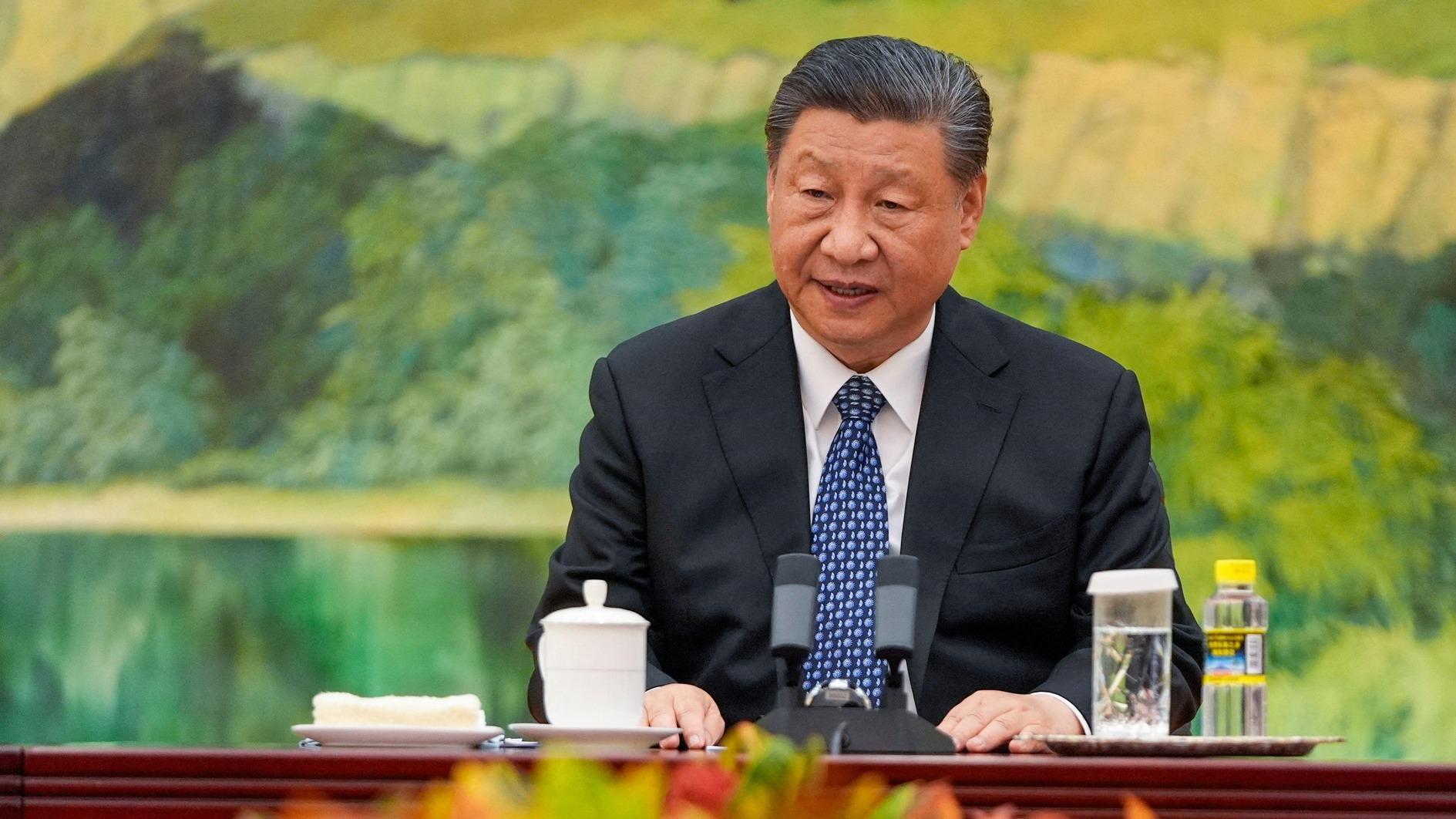ECB tipped to pause one last time before June rate cut
FRANKFURT

Buoyed by falling inflation, the European Central Bank is expected to keep borrowing costs on hold one last time on April 11 while laying the ground for a first interest rate cut in June.
The Frankfurt-based institution has left its key rates unchanged since October 2023, following an unprecedented streak of hikes to tame red-hot inflation.
ECB president Christine Lagarde said after last month's meeting that governing council members were not "sufficiently confident" yet on inflation to consider loosening the reins.
The case for rate reductions has strengthened since then, with eurozone inflation slowing more than expected in March to 2.4 percent, bringing the ECB's two-percent goal within reach.
A change of course as early as this week seems highly unlikely however, after ECB officials repeatedly said they were awaiting data that won't be available until their meeting on June 6.
"We will know a bit more by April and a lot more by June," Lagarde reiterated in late March, referring in particular to data on eurozone wage growth.
In June, the ECB will also have its own updated forecasts on inflation and economic growth.
This week’s ECB meeting therefore "looks like the prelude to yet another turning point for monetary policy in the eurozone: final stop before the cut", said ING bank economist Carsten Brzeski.
The ECB's benchmark deposit rate currently sits at a record four percent, following an aggressive hiking campaign to rein in consumer prices driven higher by Russia's war in Ukraine and pandemic-related supply disruptions.
Eurozone inflation, which peaked at over 10 percent in late 2022, has steadily declined in recent months and is now expected by the ECB to return to target in 2025.
But the higher borrowing costs have taken a toll on the eurozone economy, dampening demand as households and businesses feel the squeeze from more expensive loans and mortgages.
The 20-nation currency club only narrowly avoided a recession in the second half of 2023, weighed down by a poor performance in its largest economy, Germany.
Like other central banks, the ECB is now weighing the best time to switch gears and support economic growth through lower rates without endangering the progress on inflation.
The U.S. Federal Reserve, which began hiking earlier than the ECB and has kept rates steady at recent meetings, is expected to sit tight a while longer in the face of a robust economy.
The possibility of the ECB slashing rates before the Fed has worried some observers.
Lower rates in the eurozone could prompt investors to look elsewhere for higher returns, weakening the euro and making imports more expensive, potentially reigniting inflation.
















